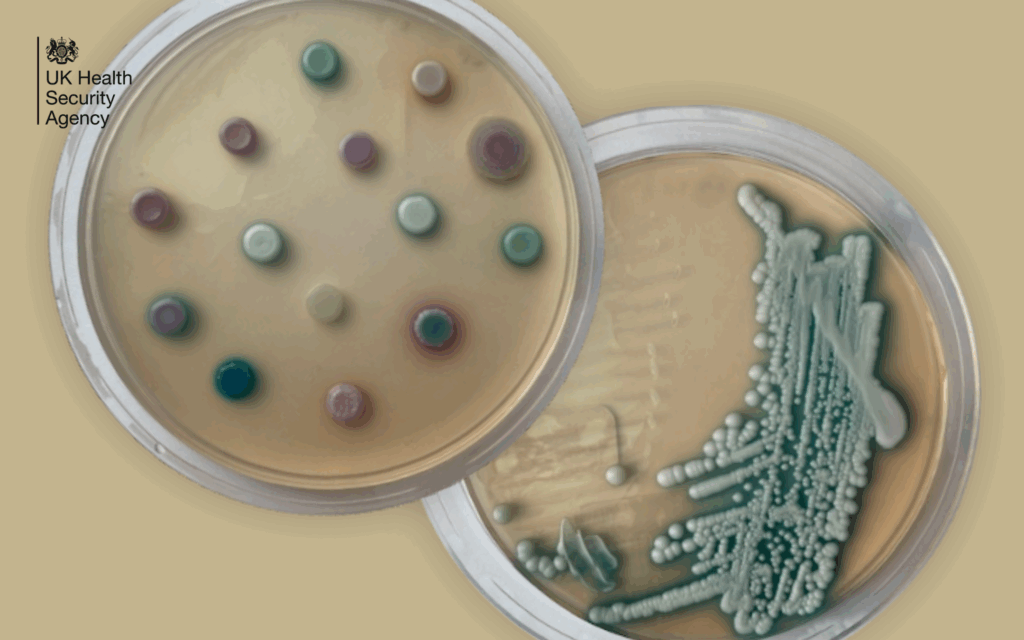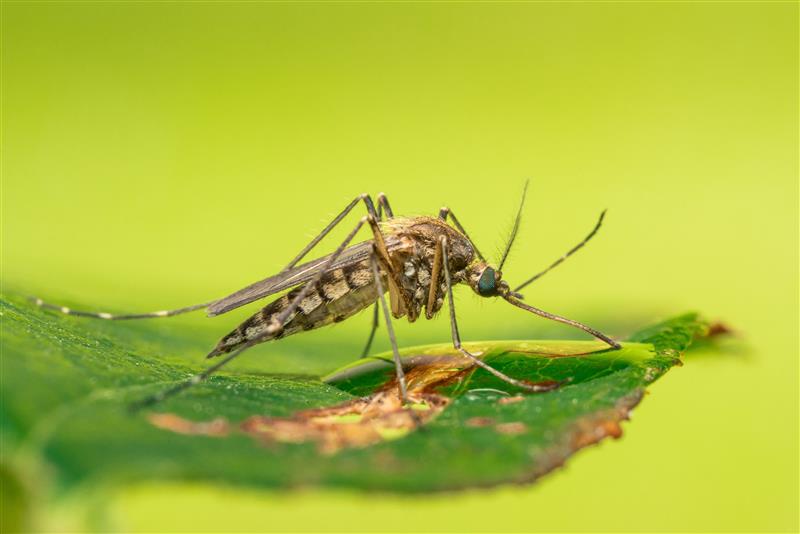How does cold weather affect health? Our new report explores the hidden impact

When we talk about winter deaths, we may think of hypothermia or people dying directly from low temperatures. The reality is more complex - and often invisible.
Posts relating to PHE Priority 3: Protecting the country's health

When we talk about winter deaths, we may think of hypothermia or people dying directly from low temperatures. The reality is more complex - and often invisible.

Antibiotic-resistant infections are on the rise. Data published in autumn 2025 shows there are nearly 400 new cases reported every week in England. When bacteria adapt to survive antibiotics, vital medicines stop working when we need them most. But the fight against …

In this blog post Samara shares her story of fighting antimicrobial -resistant tuberculosis, the hidden long-term consequences and the importance of getting that persistent cough checked out.

Every winter, influenza viruses sweep through communities, causing a seasonal epidemic. There are several different flu vaccines that are used in the national vaccination programme and all of them protect against the 3 main flu virus types: influenza A(H1N1), influenza A(H3N2) and influenza B.

Our scientists are tracking flu and other respiratory viruses and they need your help. Join our FluSurvey UK-wide citizen science programme and contribute directly to protecting the nation’s health this winter.

Breathing in polluted air affects our health, reduces our life expectancy, and costs our society billions of pounds each year. It is estimated that 2 million healthy life years are lost in Europe due to the impacts of poor air …

Rabies is a rare but deadly viral infection that affects the brain and nervous system. Human cases of rabies are extremely rare in the UK but the infection poses a risk to travellers visiting regions where the disease remains prevalent.

C. auris is a recently discovered fungus. It rarely causes infections in healthy individuals though can pose a risk to people in hospital, particularly those who have been in hospital for a long time, who are critically unwell and/or who have weakened immune systems.

As families prepare for travel over the summer break, there is more chance for measles to be brought in from countries where there are outbreaks. Catching up children who missed out on their MMR vaccines is a priority, in order to help prevent another rise in measles cases.

As West Nile virus is detected in mosquitoes collected in the UK for the first time, we take a look at how UKHSA is protecting the UK from vector-borne diseases